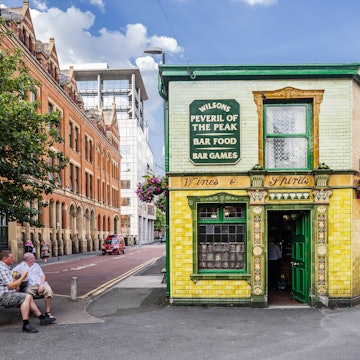
How to experience English football like a local


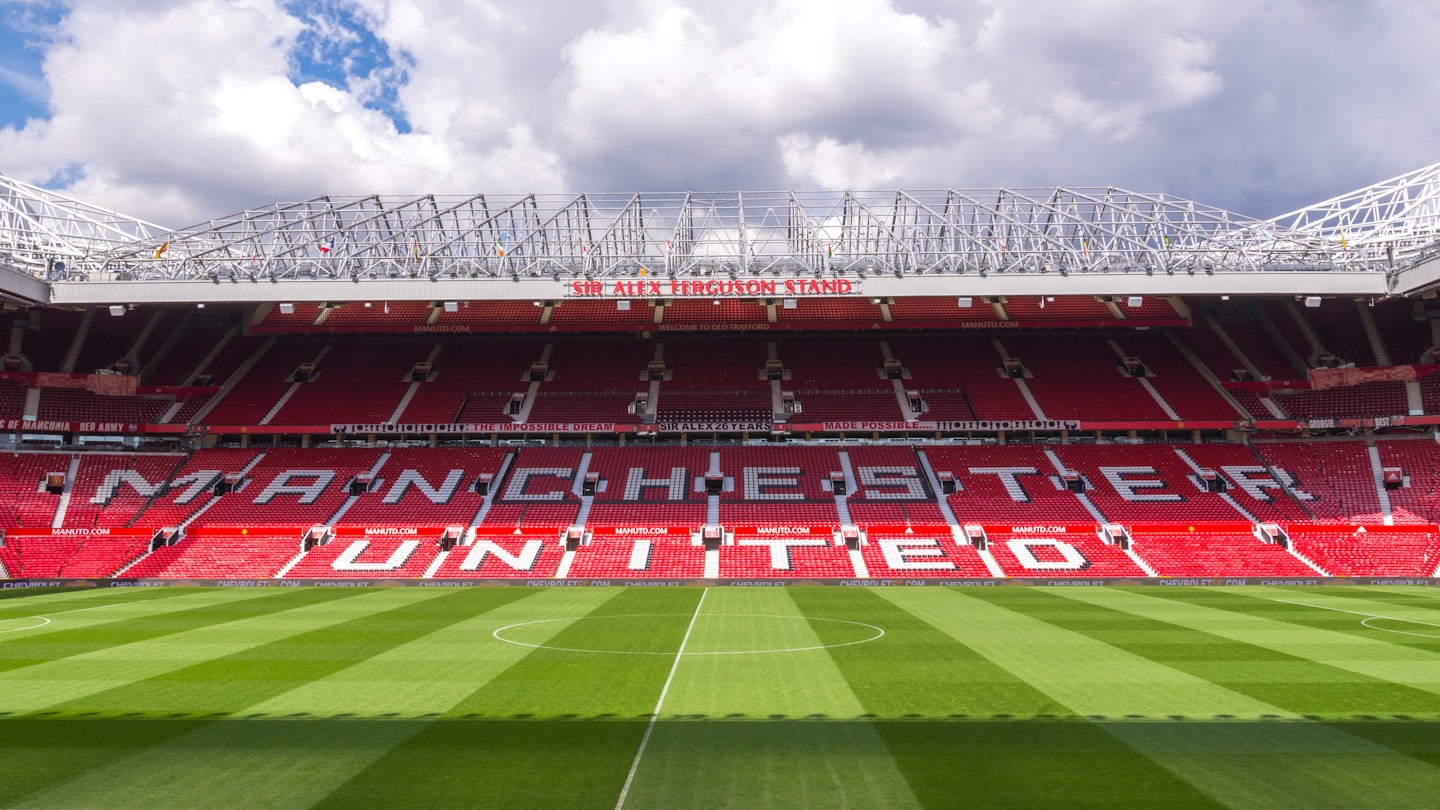
England is football mad – find out why by taking a stadium tour or seeing a match. Nook Thitipat/Shutterstock
The national religion of England isn’t Christianity, it’s football – or soccer, to visitors from across the pond. Just ask the millions of English fans who plan every weekend from August to May based on the match schedule for the home team.
To paraphrase former Liverpool manager Bill Shankly: football is not just a matter of life and death, it’s much more important than that. Big football fixtures such as the Manchester derby – a heated face-off between arch-rivals Manchester City and Manchester United – are a reason to reschedule weddings, postpone job interviews and rush home early after surgery.
As a visitor to these shores, attending a football match is a great way to plug into English sporting culture, see some serious football skills and learn essential chants from the stands. For fans of the beautiful game, it's one of the best things to do on a trip to England.
Getting a ticket for a top-flight football match can be pricey, but many of the top football clubs offer stadium tours, so it’s easy to walk on the same hallowed turf as your sporting heroes.

A quick guide to English football
Putting aside the trauma of World Cup penalty shootouts, it’s the domestic Premier League and English Football League (EFL) that get English fans animated. Founded in 1881, the EFL is the oldest football league in the world, while the Premier League – founded a century later in 1992 – is the world’s richest football tournament, with revenues of more than £6 billion (US$8.1 billion).
The Premier League hosts the top teams – Chelsea, Arsenal, Liverpool, Manchester United, Aston Villa, Tottenham Hotspur and friends. It’s here that you’ll find the biggest names in English football, many of them famous international players who earn eye-watering salaries. How eye-watering? Well, Manchester City striker Erling Haaland pocketed £525,000 (US$611,674) per week in 2025. (Nice work if you can get it!)
Teams in the Championship have their eyes on promotion to the Premier League, with the three top teams moving up every season, swapping places with the three worst-performing teams from the Premiership. In practice, this tends to involve a familiar group of teams moving back and forth between the two leagues.
League One and League Two are for teams working their way up the rankings, and below them are various national and regional leagues. You won’t see the likes of Marcus Rashford or Bukayo Saka on team rosters at a lower division match, but you might get to see the stars of the future, and match tickets are cheaper and easier to secure.
Then there’s the Football Association (FA) Cup – a parallel winner-takes-all competition involving teams from across the leagues, providing the opportunity for “giant-killing” victories by smaller teams. Winning “the double” means coming top of the Premier League and taking home the FA Cup – a feat last achieved by Manchester United in 2022/23.
Top English clubs also take on the best teams in Europe in the UEFA Champions League, and many players for English clubs are called up to play for the England national team.
Don’t overlook the Women’s Super League – women's teams are increasingly bringing home the big international trophies. In fact, the Lionesses won the UEFA Women's Euro Cup in 2022, which turned the spotlight on the team and their manager, Sarina Wiegman.
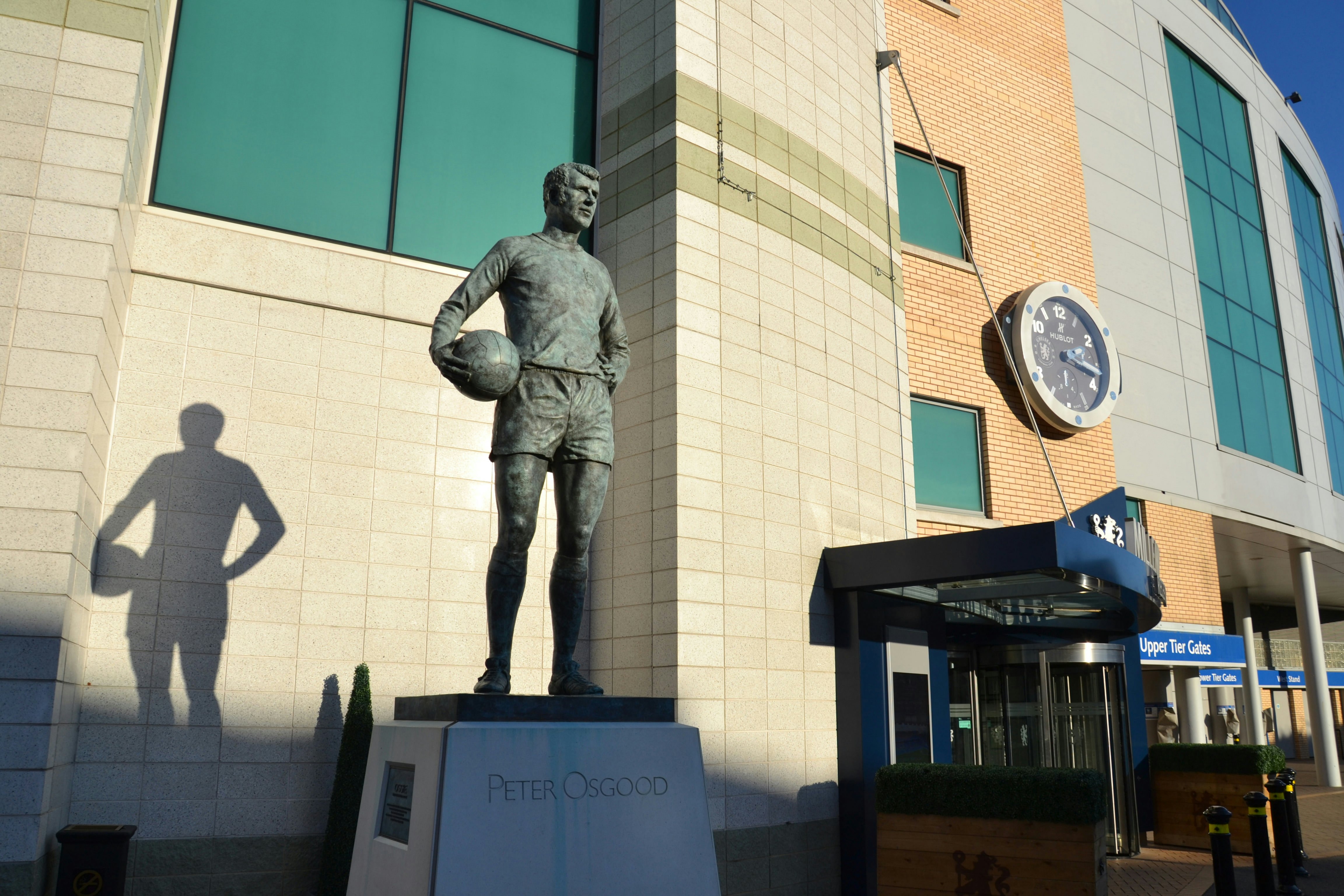
When should I visit England if I want to see football?
The English football season runs from August to May, with most Premier League matches scheduled for Saturdays (see the Premier League website for a matchday calendar). Championship, League One and League Two matches follow a similar schedule.
It’s worth scanning the match schedules for the dates of upcoming “derby” matches between two teams based in the same city or region. During clashes such as the North London derby between Tottenham Hotspur and long-time rivals Arsenal, fans tend to be extra enthusiastic.
What is it like attending an English football match?
Noisy, first and foremost! English fans are not shy about showing their support, and home and away fans are seated in different parts of the stands. For the most part, the rivals express their sentiments for opposing teams through creative chants; cheers and boos; waving banners and gentle teasing.
You can also expect a fair bit of queuing, both at the stadium and when arriving and leaving by public transport. If you drive to a match, be wary of special match-day parking restrictions (one option is to find someone renting out their private parking space through a website such as YourParkingSpace).
Stadiums all have their own rules for visitors, but dangerous items (including drinks in glass bottles) are banned, as are aggressive or discriminatory language, smoking, drunkenness and standing up in your seat while a match is in play (except in designated standing areas).

Meet your new travel partner
Get unlimited data while you travel with Holafly eSIM. Peace of mind and no hidden fees wherever you go.
Food and drink are usually available at the stadium, and local pubs and cafés fill up before and after matches as fans gather to discuss the impending football action, and celebrate or commiserate after victories or defeats.
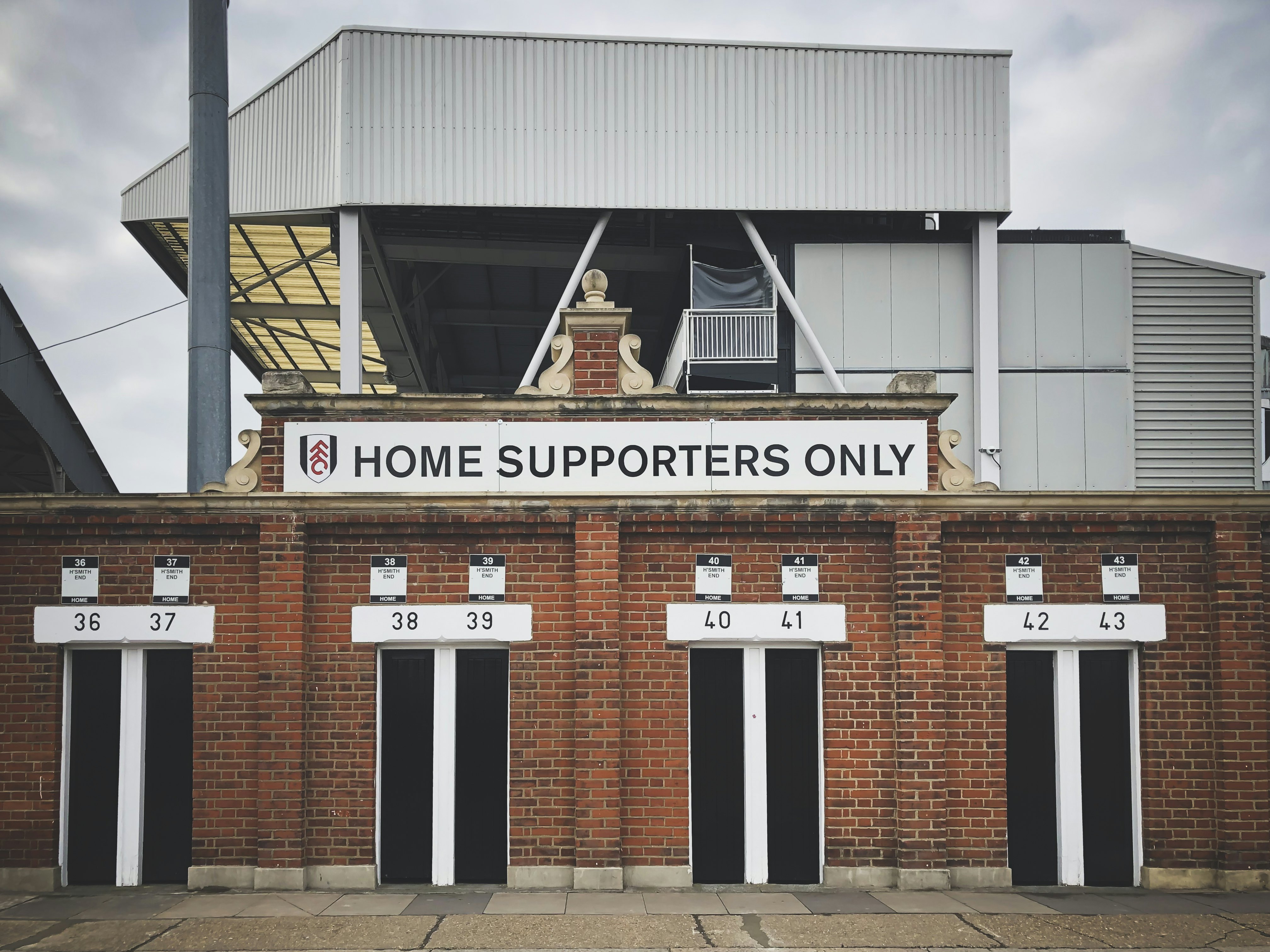
How do I get tickets for an English football match?
The best place to buy tickets for football games is directly from the official club website or the ticket office of your chosen team. Since tickets are made available to club members before they are offered to the general public, it may be worth buying an annual club membership to have a better chance of success.
Tickets usually go on sale around six weeks (42 days) before each match and they get snapped up fast. Derby games are extremely popular, and tickets can be allocated to give priority to fans who attend matches regularly. The Premier League website has a detailed guide to buying tickets for every club in the league.
Ticket prices vary depending on the team, game and what’s included. For a Premier League home game, you could pay less than £100 (US$136), or hundreds of pounds more for a VIP ticket with a hospitality package. Away tickets tend to be cheaper, thanks to the official £30 (US$41) price cap. You may be able to buy a ticket through an online ticket consolidator such as StubHub for a markup in price.
Tickets for matches between teams in the lower divisions of the English Football League tend to be cheaper and easier to get hold of, and these matches can be just as thrilling. Buy tickets directly from the clubs three or four weeks ahead of the games. If you can’t get tickets, take the edge off your disappointment with a stadium tour, available at most grounds.
If you’ve had your fill of late tackles and dubious penalty appeals in the men’s game, check out the schedule for the women’s game. Women’s teams such as Arsenal, Chelsea and Manchester United are going from strength to strength. The game play is just as exciting, and the crowds are just as passionate – plus tickets are reasonably priced and available directly from the clubs.
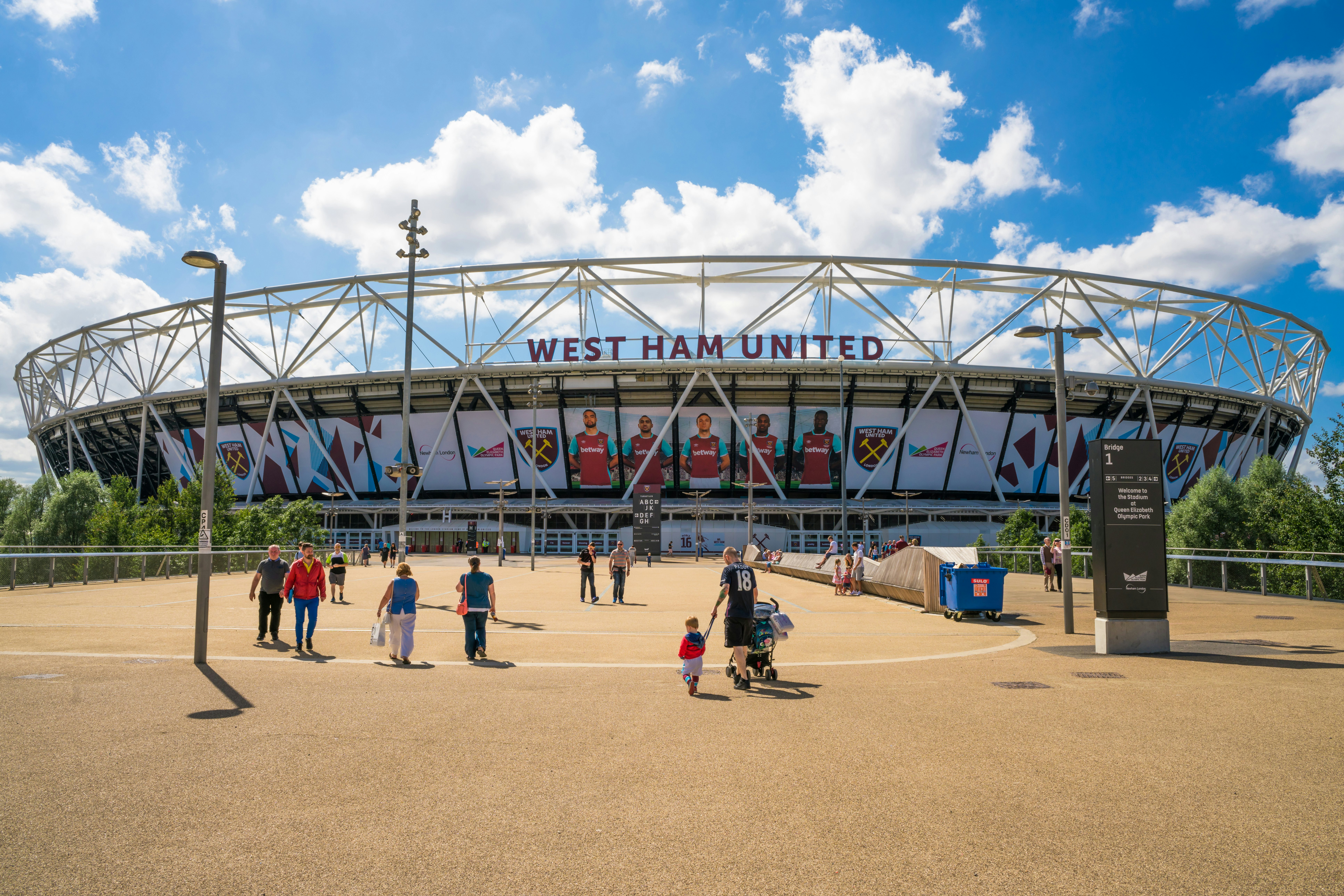
What are the top football experiences in England?
As well as attending a match at the ground of your favorite team, many stadiums have football museums and offer tours led by sporting legends. Here are some of the best football experiences in England.
Visit the Olympic Park home of West Ham
The centerpiece of London’s 2012 Olympic Games, 227-hectare (561-acre) Queen Elizabeth Olympic Park in Stratford includes playgrounds, walking and cycling trails, gardens, wildlife zones and a string of former Olympic venues, including the London Stadium, which today hosts concerts, sporting meets and home matches for West Ham United FC.
Take a stadium tour to see the players’ side of the home ground and learn about the history of a team that was originally formed by workers from the capital’s largest shipbuilding firm, the Thames Ironworks in London’s East End, way back in 1895.
See where football began at Aston Villa
On 22 March 1888, William McGregor, director of the Birmingham football club, Aston Villa, wrote to a handful of other clubs proposing the foundation of a new league competition, which eventually became the English Football League. So really, the glitz and glamor of English football can all be traced back to Birmingham.
To sample the breathless excitement of Premier League football, make a beeline for the Villa Park stadium, in the neighborhood of Aston, two stops on the train from Birmingham New St station. A bronze statue of McGregor sits outside the Directors’ Entrance at the Trinity Rd Stand.
Expert-led stadium tours visit all the key areas – perfect if you're a Villa fan, like royal heir, Prince William. Book onto a Legends Tour to see the stadium in the company of a sporting celebrity. Local rivals, Birmingham City, play in the Championship, so match tickets are slightly easier to get hold of; games take place at St Andrew’s Stadium, within walking distance of the vibrant pubs of Digbeth.
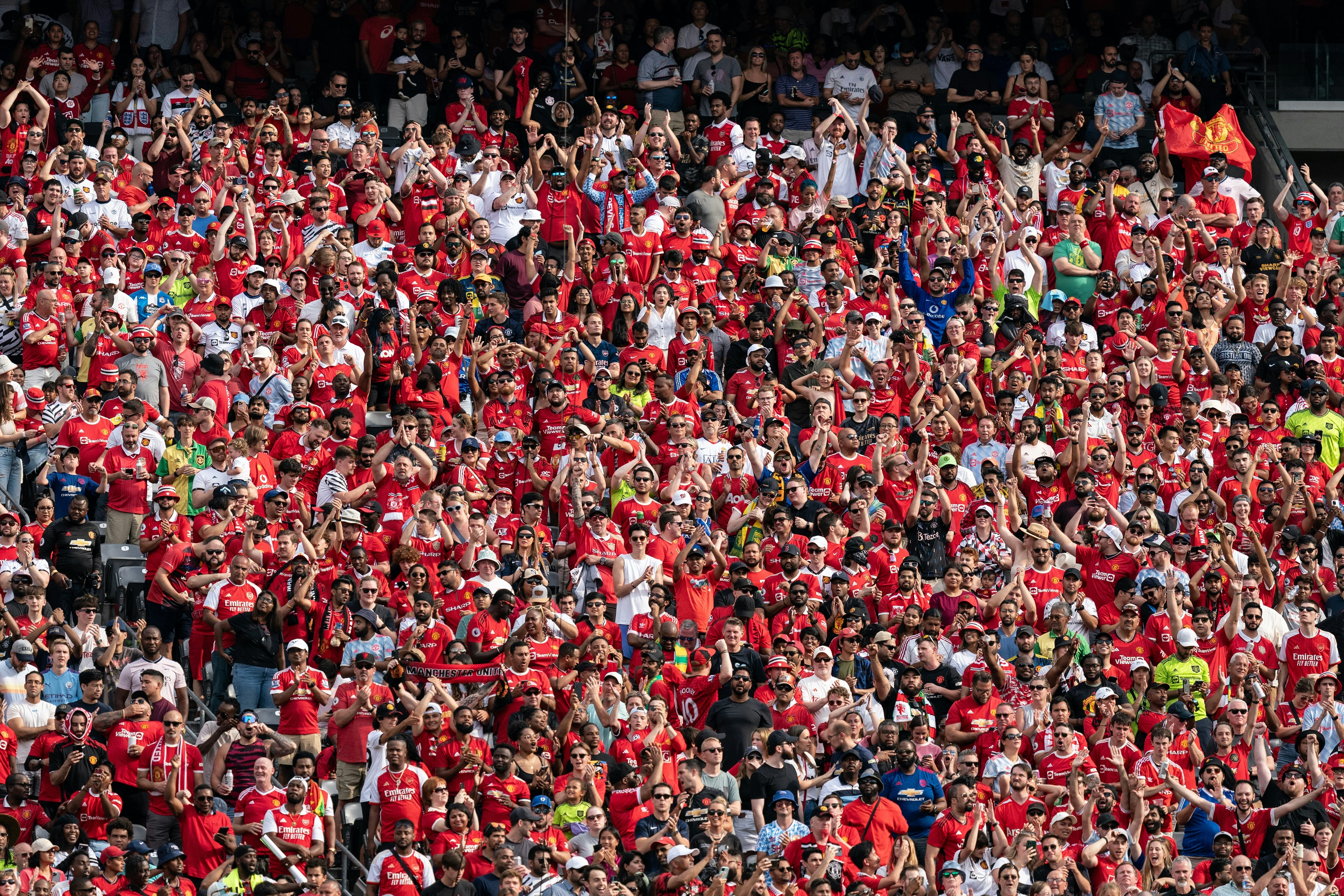
Celebrate the beautiful game in North London
When it comes to football, passions run high in North London. The area’s two biggest teams, Arsenal and Tottenham Hotspur, both have diehard supporters, though Arsenal’s unwavering success has seen it earn the passion of more fans than any other team in London. When the two teams meet during North London derby matches, the fan support goes into overdrive.
Inaugurated in 2019, the 62,850-seat Tottenham Hotspur Stadium – also a hub for American football – replaced the club’s original White Hart Lane ground, a historic landmark from 1899. Stadium tours visit the changing rooms, tunnel and pitch. For an extra adrenaline rush, brave the Dare Skywalk, crossing a glass canopy poised 46m (151ft) above the pitch, with soaring views over London.
The equally large Emirates Stadium (located off Holloway Rd) replaced Arsenal’s historic Highbury ground in 2006. Fans can book behind-the-scenes tours of the home ground of Thierry Henry, Dennis Bergkamp, David Seaman and Ian Wright, which take you through the players’ tunnel, into the home and away dressing rooms and on to the team museum, director’s box and media areas.
Take a football pilgrimage to Hillsborough in Sheffield
Based in the Sheffield suburbs, Championship side Sheffield Wednesday FC play at Hillsborough Stadium, the scene of a deadly crowd crush in 1989 that led to safety improvements at stadiums across the UK. The Supertram can whisk you here from central Sheffield in less than 20 minutes.
Follow up a match or stadium tour by exploring the local area. Vast Hillsborough Park boasts lovely hilltop views and welcomes revelers during the buzzing Tramlines music festival every July. Drop into LukeHorton Art on Middlewood Rd to pick up the artist’s quirky T-shirts, mugs, cards and tote bags.

Meet Manchester’s twin sporting behemoths
Manchester’s potent cultural cache doesn’t just stem from its music and history. Nothing lures visitors more than its two huge football teams – Manchester United and Manchester City. Football is a form of faith here, and the teams’ stadiums – Old Trafford and the Etihad – are two of the most famous grounds on the planet, easily reachable by tram from the city center.
Tickets for United games can be hard to come by (or just plain expensive) but it’s easy to book onto an Old Trafford tour and visit the team museum, where there’s a shop selling everything you need to turn yourself into a convincing facsimile of one of the team’s celebrity strikers.
Though Manchester City hasn’t been as historically successful, they’re a team on the ascendancy, thanks to a big injection of investment from the United Arab Emirates, and the area around their stadium is an emerging entertainment hub. Stadium tours include expert- and legend-led options, plus a special tour that also visits the team’s training ground for up-and-coming talent at Salford.
While you’re in Manchester, the National Football Museum, housed in a striking glass building near Manchester Victoria train station, charts the evolution of football, from the original Laws of the Game laid down in 1863 to the worldwide multi-billion-pound industry of today. Hearing stories from supporters sharing their passion will create an instant connection, and younger visitors can test their skills with a penalty shootout.
Join the Toon Army in Newcastle-upon-Tyne
Few football teams in England have as passionate a fan base as Newcastle United Football Club. Kitted out in stark black and white stripes, the home team of Newcastle-upon-Tyne plays at St James’ Park, one of England’s most accessible sports stadiums (easily walkable from the center, with no need for trains or buses).
While the team hasn’t won a domestic trophy since the 1950s, fans’ fervor never wavers, and Tyneside-born former players such as Paul Gascoigne and Alan Shearer are honored like royalty. As well as taking a behind-the-scenes stadium tour, try to see a match, so you can experience the passion of the “Toon Army” – the home fans, who take their name from the Geordie pronunciation of the word “town.”
It is said that the football rivalry between northeast rivals Newcastle United and Sunderland AFC dates back to the English Civil War. While the two grounds are separated by just 12 miles (19km), derby matches have the passion of a medieval battle, though with this being the northeast, the rivalry mainly manifests itself as good-natured mocking. If you’re a Sunderland fan, the club also offers tours of the Stadium of Light, set beside the River Wear just north of central Sunderland.
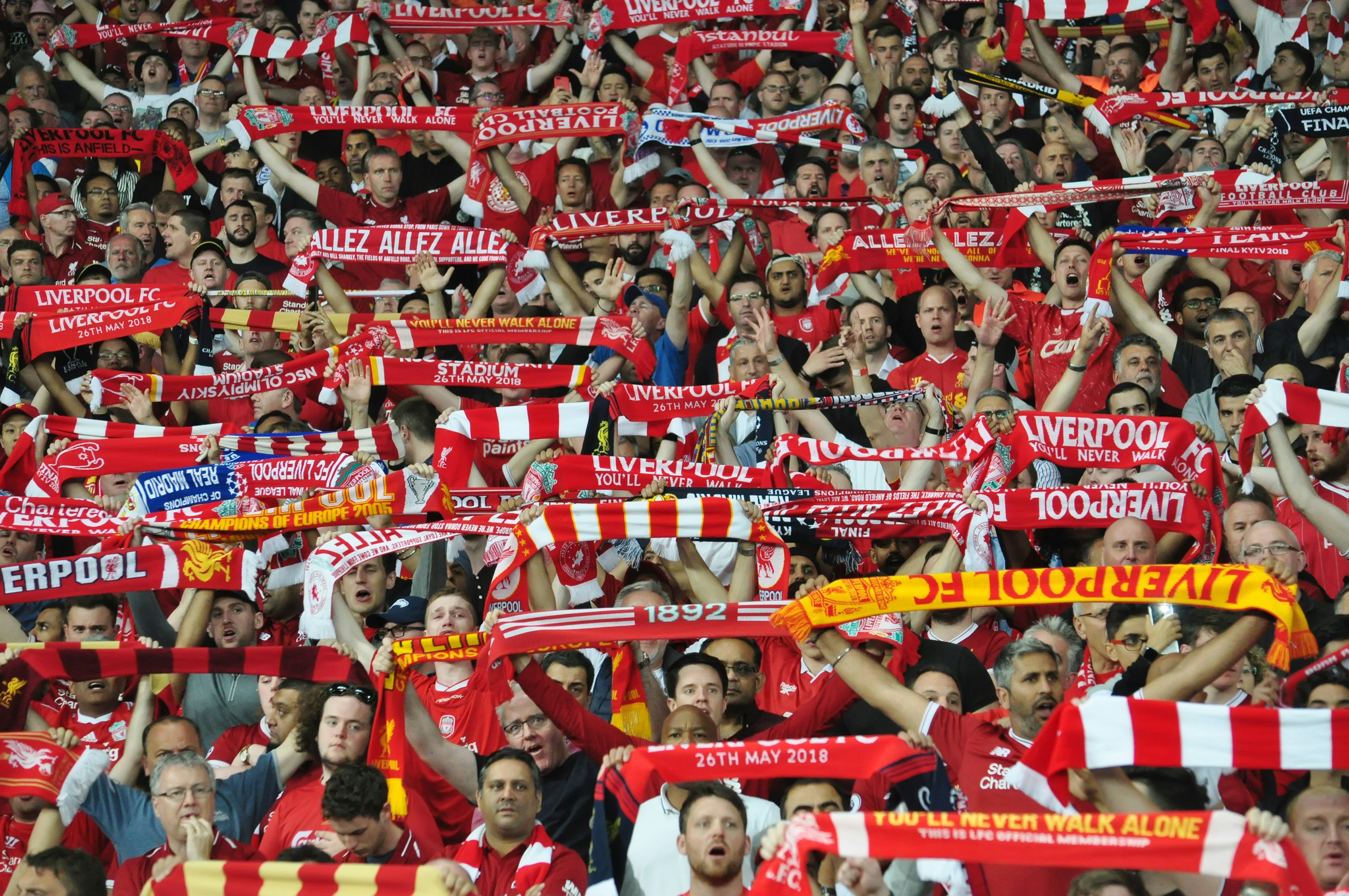
Feel Liverpool’s passion for football
Whether it’s the murals of ex-manager Jurgen Klopp dotted around the streets or the stalls on Church St selling iconic red Liverpool scarves, the passion for Liverpool Football Club is inescapable in the hometown of The Beatles, players John Barnes and Mo Salah, and legendary manager Bill Shankly.
Just a 15-minute bus ride from the city center, you’ll find Anfield Stadium, the flag-waving, scarf-raising church where the team plays – or should that be prays? Unless you have a season ticket, getting to see a game isn’t straightforward, but tickets are easier to get hold of for midweek cup fixtures or as part of hospitality packages.
Failing that, the LFC Ground Tour will get you up close to the famous Kop End at Anfield and into the team dressing rooms, where past greats such as Steven Gerrard and Ian Rush laced up their boots. As well as legend-led tours packed with personal anecdotes, you can combine a tour with an abseil down the side of the stadium.
Is football accessible in England?
English football clubs are making a real effort to make stadiums accessible to all, with ramps and elevators, accessible toilets and step-free access from dedicated parking areas. However, there are few seat allocations for wheelchair users and fans with other disabilities, so you’ll need to secure tickets as early as possible.
This article was adapted from Lonely Planet’s England guidebook, published in June 2025.
Take your England trip with Lonely Planet Journeys
Time to book that trip to England
Lonely Planet Journeys takes you there with fully customizable trips to top destinations – all crafted by our local experts.



















